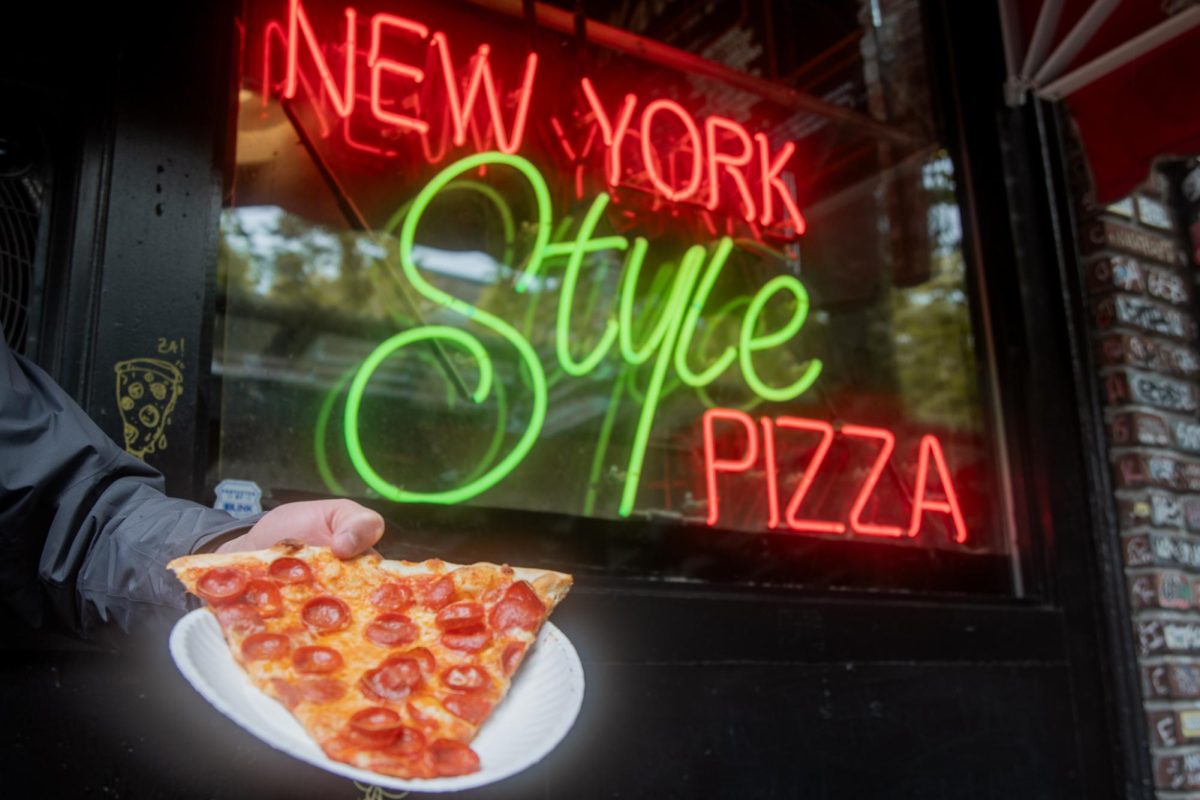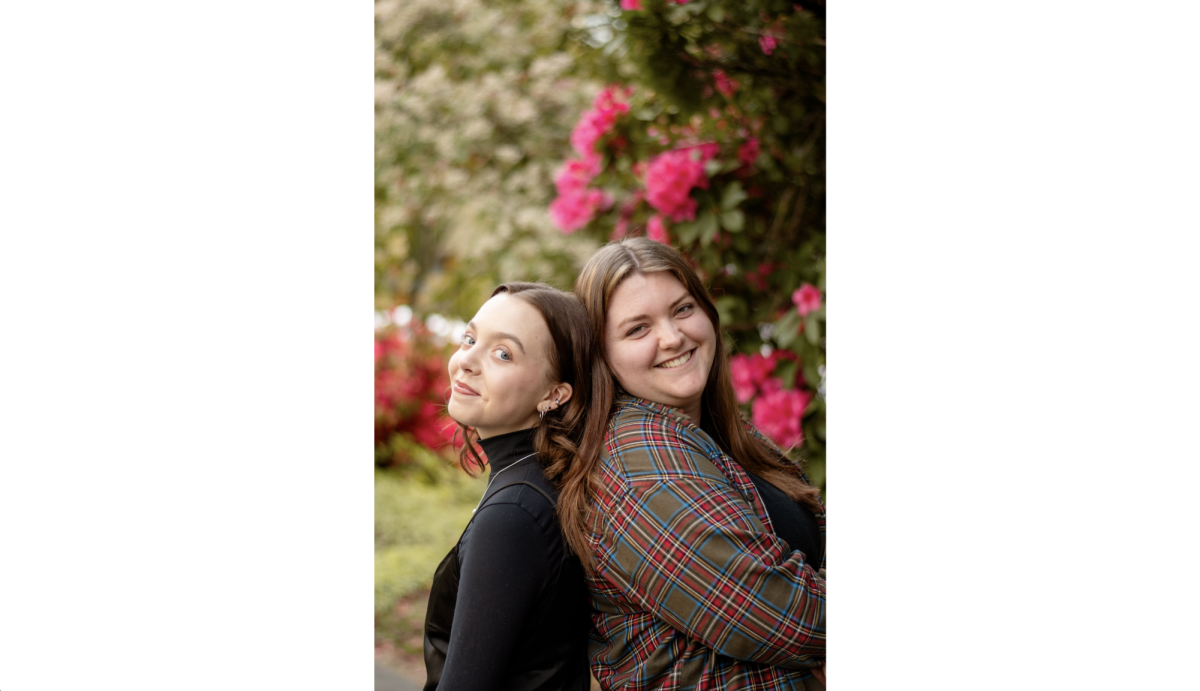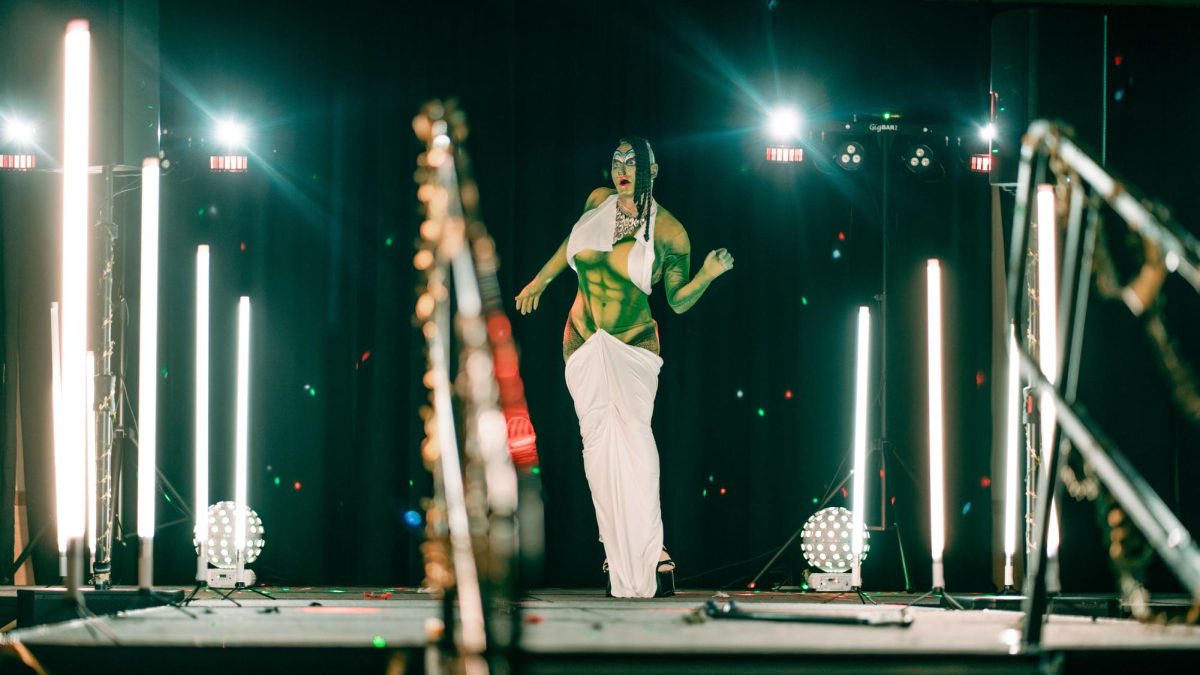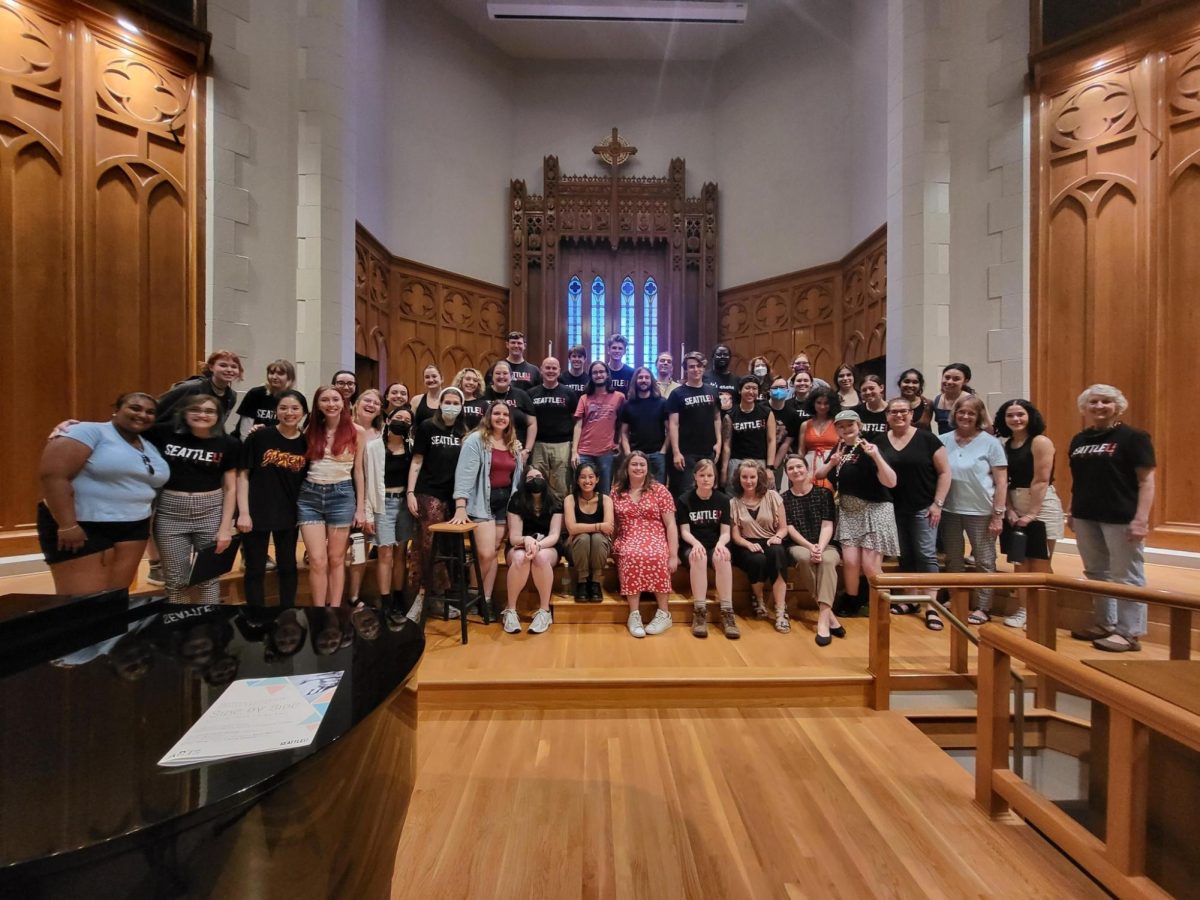With celebrated mainstream artists like Kehlani, Janelle Monae and Hayley Kiyoko bringing rise to songs about queer love and posting about their queerness on social media, the rise of queer music is giving members of LGBTQIA+ community like myself a new sense of representation and self-acceptance.
Artists like David Bowie, Prince and Elton John were prominent queer artists in the 1970s and 1980s, and the movement towards sexual liberation through music in the early 2000s was highlighted by icons such as Britney Spears, Madonna, Lady Gaga and Christina.
In the last decade, it seems like there has been an increase in musicians who are using their platforms to facilitate queer discourse in a prominently heteronormative industry. Musicians such as Sam Smith, Frank Ocean, Sia, Troye Sivan, Tyler the Creator and Kevin Abstract have all come out as queer and given their queer fans music that represents the beauty and the struggle of being queer and in love.
These artists have helped so many fans, both young and old, to accept themselves as they are. Hayley Kiyoko was an artist that helped me find my own voice.
The first time I saw Hayley Kiyoko, she was starring as the edgy, spunky and outspoken Stella Yamada in “Lemonade Mouth” (2011). Her character was the rebellious new girl in high school who wanted to defy the social norms and expectations, and even donned a shirt that said “Question Authority.” The movie accurately portrayed her Asian- American cultural heritage and casted her family with a white mother and a Japanese father. As a young girl struggling to find Asian representation in the media growing up, it was exciting to see such a dynamic and determined character on screen for once, and left me inspired forever.
Halfway into 2015, I noticed that she bleached her hair and grew it out, and more importantly, she had released her “This Side of Paradise” EP, with the most popular song titled “Girls Like Girls.” The music video that Kiyoko self-directed for the song told the story of a young girl falling in love with her best girl friend who was in an abusive relationship with a boy. It was one of the few pop songs I heard in a while that touched on queer love from a woman who struggled with that part of her identity for so long. The catchy hook echoed throughout the song: “Girls like girls like boys do, nothing new.”
A month ago, Kiyoko finally released her much awaited debut studio album, “Expectations.” The album features 13 songs that take us through Kiyoko’s experiences dealing with infatuation, love and heartbreak with girls. Kiyoko’s fans reveled in her music and dubbed her the “Lesbian Jesus.” Fans were excited to finally have a mainstream artist who was so open about her queerness, both in her struggles with it, and eventually, her acceptance and pride in that part of her identity.
As I’ve gotten older, I’ve become more in-tune with my identities because I’ve seen celebrities and public figures use their platforms to speak up and inspire their fans. Hayley Kiyoko is a pivotal person whose queer music and fame helped me realize so much about myself.
At first, I thought the only reason that I related and looked up to her was because I was able to see someone who looked like me on the big screen. But, Kiyoko and her music also helped me come to terms with my own sexuality. Because of her, I was able to accept and fully embrace that I was bisexual. It was a liberating moment and I wish I could thank her a hundred times over.
I followed Kiyoko for so long and the fact that I was able to catch see her concert in Seattle—in between Coachella weekends, mind you— was completely surreal to me. Seeing her onstage singing and dancing her heart out was the purest form of contentment I had felt in a long time.
For others in the queer community, I’m sure they have their own favorite queer artists that are inspiring them in their own ways. They deserve to have that. It is important that queer folks, especially queer youth, have role models that they can look up to when they’re struggling to accept who they are. I hope that the recent rise of queer artists in mainstream media is truly able to help so many people like me.
Frances may be reached at
[email protected]










